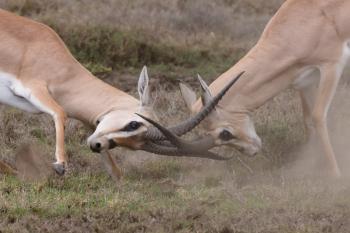Organizational behavior is an interdisciplinary field of study. The study focuses on the development of theories about how individuals behave within organizations. Business students are introduced to the study of organizational behavior so that, as business managers, these theories may be applied to improve an organization’s effectiveness. Organizational behavior models recognize that the behaviour of individuals within organizations is often different than the behaviour of the same individuals outside of a work environment.
The contemporary study of organizational behaviour is considered to have begun by Max Weber, with his book The Theory of Social and Economic Organizations (originally published in German in 1920. Weber introduced ideas about rational organizations and charismatic leadership. His ideas were reinforced by the ideas of Frederick Winslow Taylor, who suggested in Principles of Scientific Management (1911) that goal setting and enforcing standards and cooperation were the responsibility of management alone.
In the 1939 book Management and the Worker, Fritz J. Roethlisberger and William J. Dickson (with the assistance of Harold A. Wright) wrote an official account of the Hawthorne Studies conducted at the Western Electric Company. The discovery of the Hawthorne Effect became part of a movement towards understanding the human-relations aspect of management - a movement that focused on groups and motivation in organizations. Other contributions to the developing study of human-relations included those from Frederick Herzberg (Herzberg's Two-Factor Theory), Abraham Maslow (Maslow's hierarch of needs), Douglas M. McGregor (McGregor's Theory X and Theory Y), Geert Hofstede (Hofstede's cultural dimensions theory), Victor H. Vroom (Work and Motivation), David C. McClelland (The Achieving Society), and Chester I. Barnard (The Functions of the Executive - one of the most influential books on management discipline). This human relations movement persists with the contemporary study of organizational behaviour.
Today, organizational behaviour incorporates ideas from industrial and organizational psychology, organizational theory (including organizational culture and organizational structure), business communications, and other business management fields. It is very similar to human resource management, although human resource management has a more applied focus than organizational behaviour.
Photo by William Felker on Unsplash
© BrainMass Inc. brainmass.com June 28, 2024, 8:09 pm ad1c9bdddf







